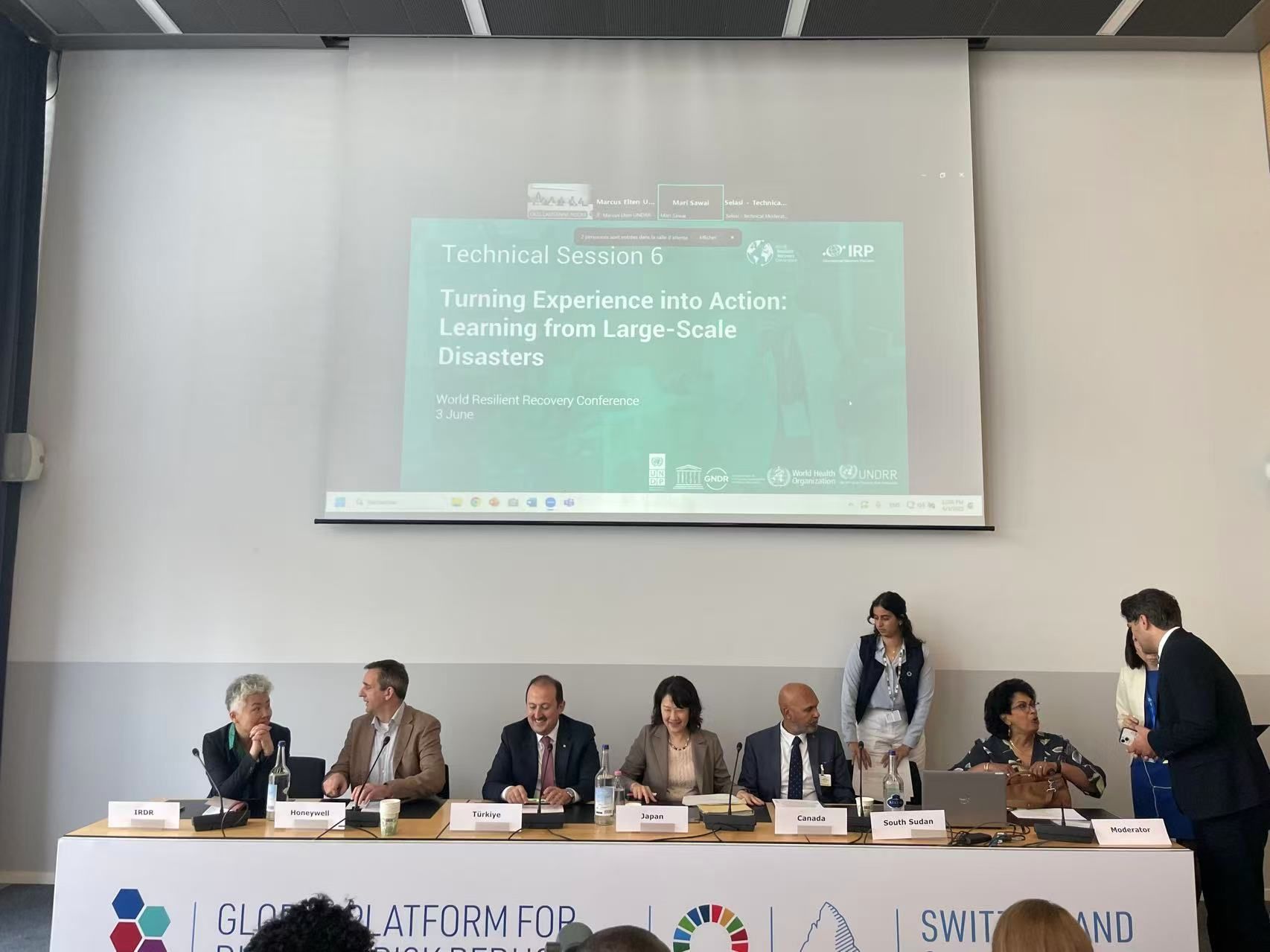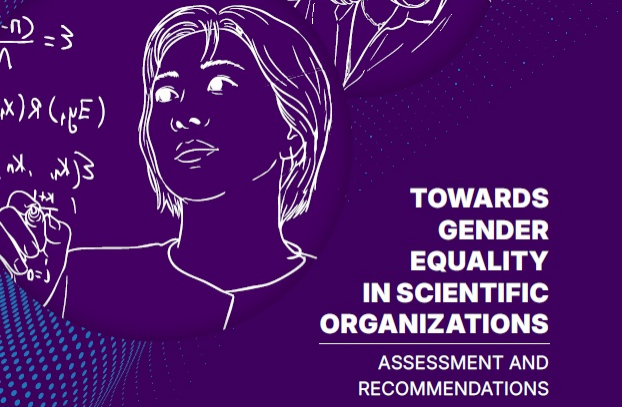The World Resilient Recovery Conference (WRRC) succeeds the World Reconstruction Conferences (WRC) as a global platform to advance the agenda on resilient recovery. The WRRC embodies a commitment to a comprehensive approach to recovery, integrating societal, economic, and environmental resilience to address the evolving challenges of disaster recovery and readiness.
This one-day event featured technical sessions that explore key topics for enhancing recovery readiness. The topics and concept notes can be referred to at: https://globalplatform.undrr.org/2025/programme/preparatory-days/wrrc
IRDR Executive Director Prof. Saini Yang participated in the TS6 Turning Experience into Action: Learning from large-scale disasters. At her intervention as the panelist, she introduced the experience of China on DRR Demonstration Community and Safety and Resilience Community and the mechanism of Expert Committee of the National Disaster Reduction Commission of China to ensure the science stakeholder can directly provide scientific evidence and suggestions to the policy makers. She further explained the mechanism with recent large-scale disasters such as the 2021 Henan Flood and 2023 Jing-Jin-Ji Flood.
IRDR Fellow Prof. Rajib Shaw participated in the PS2 From Commitment to Action: Leadership for Resilient Recovery. He presented how academia stakeholder contributed to the evolvement of the understanding of the disaster cycle and resilience. He also introduced the DRR innovation labs established at different universities in Asia-Pacific region and emphasized the importance of social innovations and process innovations. He further suggested to integrate recovery perspectives in the risk assessment to support the development of long term recovery strategies and actions.
At the closing ceremony, the ten priority actions were launched to build a more resilient future for all. The full report can be referred to at: https://www.preventionweb.net/media/107364/download
Assess recovery readiness and strengthen governance arrangements
Build and sustain institutional and human capacity for recovery
Secure and enable predictable, inclusive preparedness and recovery financing
Foster multi-stakeholder partnerships and innovation for resilient recovery
Enhance collaboration with the private sector to bolster resilience and recovery efforts
Enable rapid livelihood and economic recovery
Enhance resilient post-disaster housing reconstruction and infrastructure recovery
Increase public awareness for recovery readiness
Localize recovery through community leadership and empowerment
Establish adaptive monitoring, evaluation, and learning systems for resilient recovery







